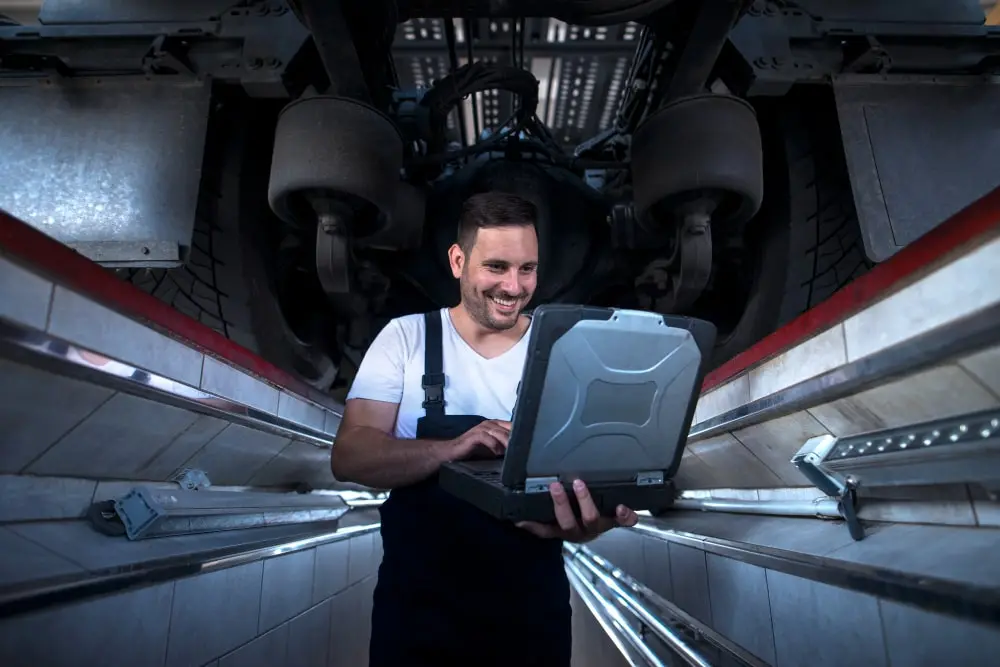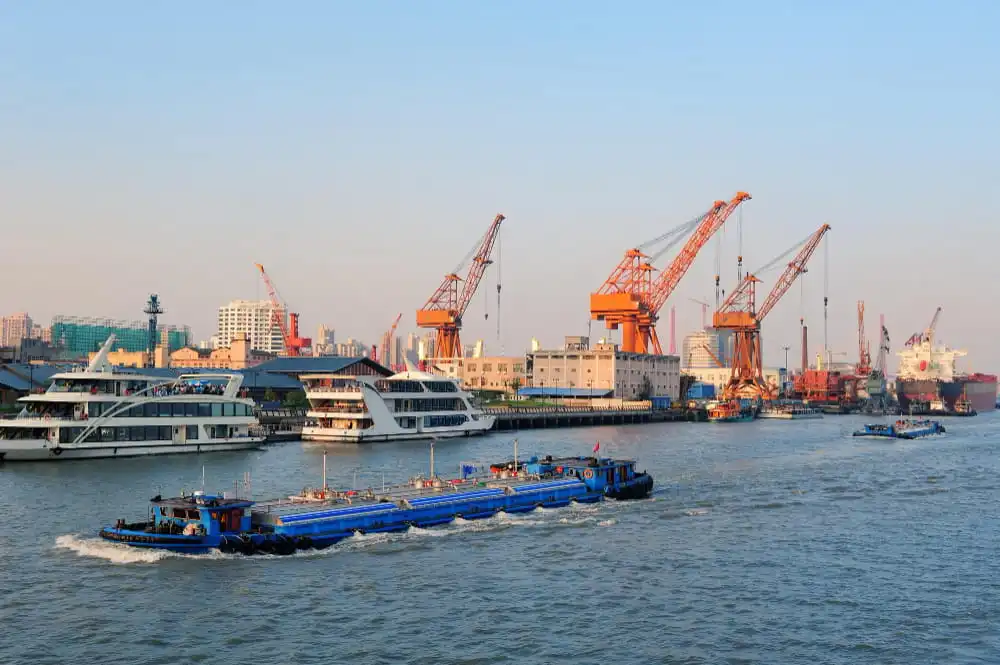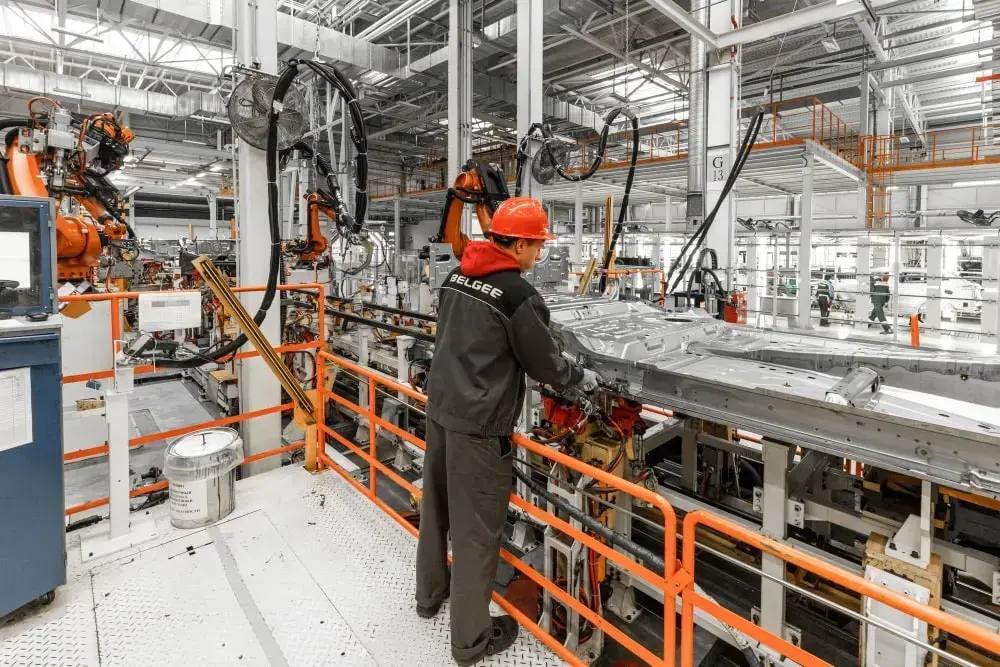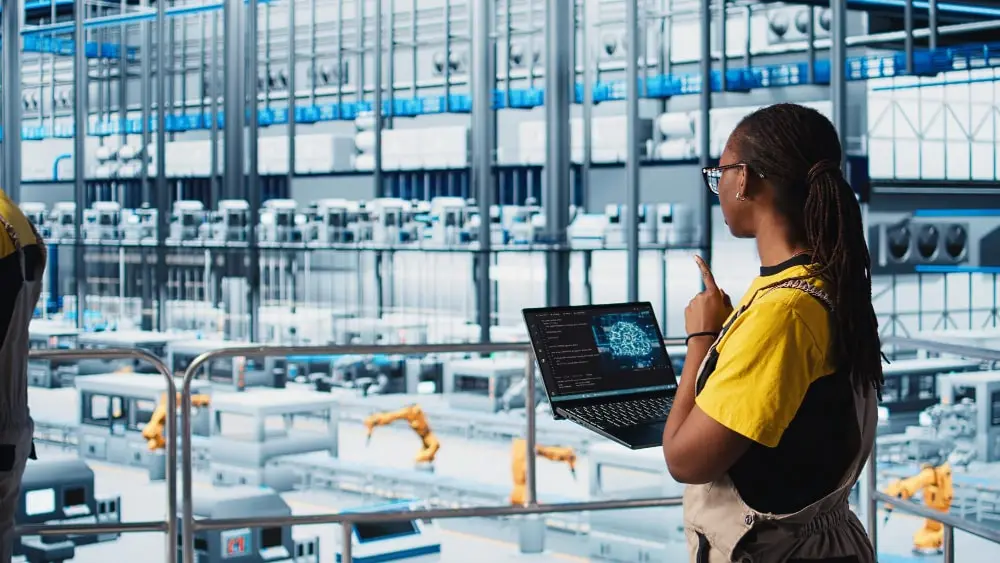Smart Engine Room Technology
Smart Engine Room Technology: Boost Efficiency with Marine Automation

The shipping industry is experiencing a technological revolution. With rising operational costs, stricter environmental regulations, and the need for enhanced safety, marine automation has become more than just an innovation, it’s a necessity. At the heart of this evolution lies the Smart Engine Room, a concept that is redefining how modern vessels operate.
What is a Smart Engine Room?
Traditionally, engine rooms onboard ships were heavily dependent on manual operations. Engineers and crew members needed to perform constant checks, monitor gauges, record data by hand, and troubleshoot issues through experience. While this system worked for decades, it was prone to human error, inefficiency, and unexpected machinery failures.
A Smart Engine Room changes this paradigm completely. It’s a technologically advanced
environment where digital systems, sensors, automation controls, and artificial intelligence (AI) work together to ensure seamless operations. From real-time monitoring to predictive maintenance, every critical function is automated or intelligently assisted.
Core Technologies Powering Smart Engine Rooms
1. IoT & Sensor Networks
Smart engine rooms rely on a web of IoT-enabled sensors that constantly track parameters like temperature, pressure, vibration, fuel consumption, and emissions. This continuous data collection forms the backbone of automation and analytics.
2. Data Analytics & AI
Collected data is fed into advanced software systems that analyze it in real-time. AI algorithms identify patterns, predict potential equipment failures, and suggest operational adjustments for optimal performance.
3. Automated Control Systems
Systems such as fuel injection, lubrication, and cooling are regulated automatically. This
ensures machinery always operates within optimal parameters, reducing wear and extending lifespan.
4. Remote Diagnostics & Cloud Platforms
Engine data is transmitted securely to cloud platforms, enabling onshore teams to monitor
vessel performance, run diagnostics, and assist in troubleshooting from anywhere in the world.
5. Integrated Alarm & Safety Management
Smart systems don’t just detect anomalies, they respond to them. For instance, if a pump
pressure drops below safe limits, automated controls can adjust operations or shut down
machinery to prevent damage.
Benefits of a Smart Engine Room
1. Enhanced Efficiency
By continuously analyzing data and fine-tuning operations, smart engine rooms achieve higher fuel efficiency. Even small percentage improvements translate into substantial savings given the scale of marine fuel costs.
2. Predictive & Proactive Maintenance
Instead of adhering strictly to calendar-based maintenance schedules, ships can now perform maintenance based on actual equipment condition. This reduces unnecessary servicing and prevents costly breakdowns.
3. Real-Time Monitoring & Control
Engineers onboard and teams onshore can access a complete operational overview at any
moment. Dashboards present everything from fuel rates to machinery health indices, enabling quick decisions.
4. Environmental Compliance
Regulatory bodies like the IMO enforce strict limits on emissions. Smart engine systems help
meet these requirements by automatically optimizing combustion, reducing fuel wastage, and minimizing harmful exhaust.
5. Improved Crew Safety
By automating dangerous or repetitive tasks and providing instant alerts on abnormal
conditions, smart systems reduce risks to onboard personnel.
Challenges & the Need for Skilled Professionals
While the benefits are immense, the transition to smart engine rooms isn’t without challenges. Integrating complex systems requires upfront investment, robust cybersecurity to protect data and operations, and highly trained personnel.
Marine engineers now need to be proficient not only in mechanical systems but also in
automation software, data analytics, and remote diagnostics. This is why marine automation training programs are growing rapidly in popularity, ensuring that professionals can keep pace with technological demands.
The Impact on the Future of Shipping
The global maritime industry is under pressure to become greener and more cost-effective.
Shipping companies that adopt smart engine room technologies stand to gain a clear
competitive edge. By lowering fuel consumption, reducing maintenance costs, and improving vessel availability, smart ships can operate more profitably.
Additionally, as international regulations continue to tighten on emissions and safety protocols, smart automation ensures compliance without manual intervention. This is a crucial advantage as sustainability becomes a non-negotiable requirement across industries.
Are Smart Engine Rooms Replacing Engineers?
A common concern is whether increased automation means fewer jobs for marine engineers. In reality, the role of engineers is evolving, not disappearing. Instead of spending time on manual checks and routine inspections, marine engineers now focus on system oversight, data interpretation, and making strategic decisions based on insights from smart systems.
In essence, automation handles the repetitive and hazardous work, freeing up human expertise for higher-level technical and operational roles. This shift also means there’s a rising demand for engineers with cross-disciplinary skills in both mechanical and digital systems.
Conclusion: Sailing into a Smarter Era
The Smart Engine Room stands as a shining example of how marine automation is transforming the shipping industry. By blending traditional maritime engineering with modern digital technology, ships are becoming safer, more efficient, and environmentally responsible.
For ship owners, this means reduced operational costs and assured compliance. For crew
members, it ensures safer working conditions. And for the environment, it marks a decisive step towards sustainable global shipping.
For further reading on similar topics, check out article on : Master SCADA Systems with Hands-On Training
-
 Learning Marine Automation: Skills That Power Modern Ships
Learning Marine Automation: Skills That Power Modern Ships -
 Industrial Automation Solutions for Modern Manufacturing Industries
Industrial Automation Solutions for Modern Manufacturing Industries -
 Industrial Automation in Modern Industry
Industrial Automation in Modern Industry -
 Industrial Automation Applications in Today’s Smart Factories
Industrial Automation Applications in Today’s Smart Factories -
 Advanced Industrial Automation Systems: Transforming Modern Manufacturing
Advanced Industrial Automation Systems: Transforming Modern Manufacturing
